March 25 – Greek Independence Day
25th of March is celebrated in Greece as the beginning of the fight for the independence of Greece in 1821. The uprising was marked by brave and decisive actions, but also great sacrifices. It was inseparably linked to the struggle of all Balkan peoples.
In this text, we will reflect on the key moments of the Greek Uprising, from its inception to victory and the acquisition of independence, as well as the participation of Serbs and Greeks in the uprisings in both countries.
The connections between Serbia and Greece in the fight against the Ottoman Empire began to develop at the end of the 18th century. The Greek intellectual and revolutionary Riga from Fera was the most prominent fighter for the creation of the Balkan Federation, which would unite all Balkan peoples in the struggle against the Ottomans. His vision became a strong inspiration for all subsequent revolutions in the Balkans. The Greeks enthusiastically welcomed the news of the Serbian rebellion in 1804, considering it the beginning of a joint struggle for freedom.
The Beginning of the Uprising in Greece
The Uprising against the Turks in Greece took place in 1821, when the brave woman, Laskarina Bubulina, raised the first flag of the Revolution on the island of Spetses. Bubulina was a widow twice over, the owner of a powerful fleet, and her wealth and courage were crucial in the fight against the Ottomans. Shortly after, on April 3, 1821, Spetses officially rose, and the islands of Hydra and Psara joined the fight. A powerful fleet of over 300 ships carrying the flag of freedom was formed.
Bubulina and her ships reached Nafplion, where they participated in the siege of the fortress, and later took over Monemvasia and blockaded Navarino (today Pylos), supplying the revolutionaries with provisions.
Bubulina became a national heroine and a symbol of the fight for freedom.
March 17, 1821: Mani Declares War on the Ottomans
In the heart of the mountainous region of Mani, a people known for their untamed nature, officially declared an uprising against the Ottomans. In Areopoli, on March 17, Mani’s leaders raised the flag of the Revolution and formed an army of 2,000 men under the command of Petros Mavromichalis.
Their first goal was Kalamata, where they joined forces with Theodoros Kolokotronis, Nikitaras, and Papaflessas. After fierce battles, the city fell into Greek hands on March 23, while Kalavryta was surrounded two days earlier, on March 21. These events marked the beginning of an open struggle for liberation.
March 25, 1821: Official Declaration of the Greek Revolution
On the feast of the Annunciation, March 25, 1821, the Greek Revolution was officially declared. Symbolically, that day became synonymous with the start of the Greek struggle for independence, which would last for the next eight years and shape the nation’s destiny.
Philiki Etaireia Society
In the context of the Greeks’ fight for freedom, it is worth mentioning the Philiki Etaireia society, founded in 1814 in Odessa. Although the society aimed at liberating Greece from the Ottoman Empire, it faced failure. Due to the failure of Philiki Etaireia, political conflicts among leaders arose, which ultimately resulted in a tragedy for Serbia – the assassination of Karadjordje. The society included not only Greeks but also Serbs, Romanians, Bulgarians, and Russians. Thus, Philiki Etaireia became a symbol of the common struggle of Balkan peoples, but also of political disagreements that shaped the historical framework.
The Decisive Battle and the Support of Great Powers in the Fight for Greek Independence
The Great Powers, Britain, France, and Russia, intervened in the war at the request of Greek revolutionaries, but also under the influence of broader European politics. After the violence towards the Greek rebels reached alarming levels, it was crucial to formulate a common stance on supporting Greece, as part of a broader geopolitical action to weaken the Ottoman Empire and exert influence over liberated countries. During this period, a special role in coordinating the allies was played by Lord Byron, the English poet and fighter, who garnered Europe’s support for the Greek cause.
The Battle that Decided Greek History
The key battle that determined the fate of the Revolution was the Battle of Navarino in 1827 when the allied fleet led by Britain, France, and Russia destroyed the Ottoman navy. This decisive victory enabled the Greek fighters to continue the struggle with much greater chances of success.
Signing of the Agreement for Greek Independence
After several years of fighting, in 1829, the Treaty of Adrianople, the Ottoman Empire recognized the autonomy of Greece. This peace was signed on September 14, 1829, between Russia and the Ottoman Empire, but it also applied to Greece as it allowed the expansion of Greek territorial rights. Although autonomy did not mean full independence, it was a crucial step towards the creation of a modern Greek state.
The London Protocol signed on February 3, 1830, was a key moment in the struggle for Greek independence. With this agreement, the Great Powers—Britain, France, and Russia—formally recognized Greece as an independent state. The Protocol established the borders of the new Greek state, including the territories of the Peloponnese and most of central Greece, while the rest of the country remained under Ottoman control.
The signing of the London Protocol did not mark the end of political challenges for Greece, but it laid the foundation for its further development and European recognition as a sovereign state.
The process of liberating the remaining territories of Greece lasted more than a century after the signing of the London Protocol in 1830, through a series of wars and diplomatic negotiations and was finally concluded after the Balkan Wars in 1913.
State-Building and Governor Ioannis Kapodistrias
After Greece achieved crucial international support, even before official recognition from the Ottoman authorities, a period followed that marked the attempt to consolidate the new state, with Ioannis Kapodistrias at the helm of that process.
Kapodistrias was the first governor of the newly created Greek state and a key figure in the process of building its independence. Elected governor in 1827, Kapodistrias sought to stabilize the politics and administration of a country ravaged by wars and chaos. As a former diplomat in the Constantinople administration, he had broad international support, especially from Russia, and he used his experience to lay the foundations of the new state. His rule faced serious challenges, including internal conflicts and resistance from powerful regional leaders.
Kapodistrias was dedicated to strengthening state institutions and the economy, but his authoritarian approach to governance sparked dissatisfaction among many political elites, leading to his assassination in 1831. Although his rule was brief, Kapodistrias left a deep mark in Greek history, laying the groundwork for the future development of the state and emphasizing the importance of independence and stability in shaping the modern Greek state identity.
The assassination of Ioannis Kapodistrias, the first governor of modern Greece, in 1831, led to a political vacuum, allowing the great European powers to intervene and agree for Greece to become a monarchy.
As a result, in 1832, the Bavarian prince Otto I ascended to the Greek throne, becoming the first king of the newly established Greece. This transition to a monarchy was crucial for the stabilization of the country, as the European powers believed that a monarchy could provide greater political stability and control over the new Greek state entity.
Independence Day is the most important date in Greek history, reminding of the path the people have traversed and the challenges they have overcome to gain their freedom.
Throughout Greece, in every town, from major cities to the smallest villages, without exception, parades take place, Greek flags are flown from homes, keeping alive the memory of pride and sacrifice for freedom.
Video about parade all over Greece you can watch HERE.
We are always here to help you explore Greece! Follow us for the latest information, useful tips, and authentic experiences to have an unforgettable vacation in Greece!
We offer over 3,000 accommodations. Choose the one that suits you and your family by clicking HERE.
If you want us to recommend accommodation according to your preferences, write to us directly at nikana@nikana.gr and you will receive suggestions as soon as possible.
Follow us on social media where we regularly share exclusive offers, discounts, and special packages for holidays in Greece, as well as information, tips, and useful news.
Facebook: Nikana.gr
Instagram: @nikana.gr
Tiktok: nikana.gr
Facebook group: Live from Greece
YouTube channel @NikanaTravel
Write to us by e-mail: nikana@nikana.gr
Our website nikana.gr is the leading source of information about Greece in the Balkans.
Photos:
-By Anonymous - 19th-century painting. National Museum of History, Athens [1], cf. better online copy at [2]Transferred from en.wikipedia to Commons by User:Sreejithk2000 using CommonsHelper., Public Domain, https://commons.wikimedia.org/w/index.php?curid=18243488
-Από 2gymkais2 - Έργο αυτού που το ανεβάζει, CC BY-SA 4.0, https://commons.wikimedia.org/w/index.php?curid=39152034
-By C messier - Own work, CC BY-SA 4.0, https://commons.wikimedia.org/w/index.php?curid=47453500
-By George Groutas - Flickr: Rigas Feraios prominent figure in Belgrade, CC BY 2.0, https://commons.wikimedia.org/w/index.php?curid=13687596
-Από Άγνωστος - http://www.lithoksou.net/filiki.html, Κοινό Κτήμα, https://commons.wikimedia.org/w/index.php?curid=8540171

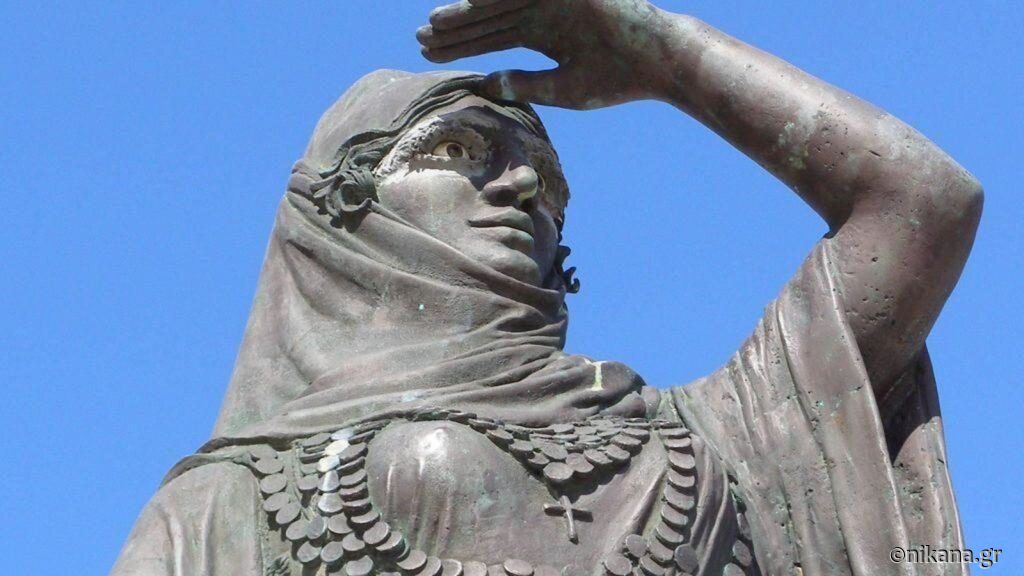
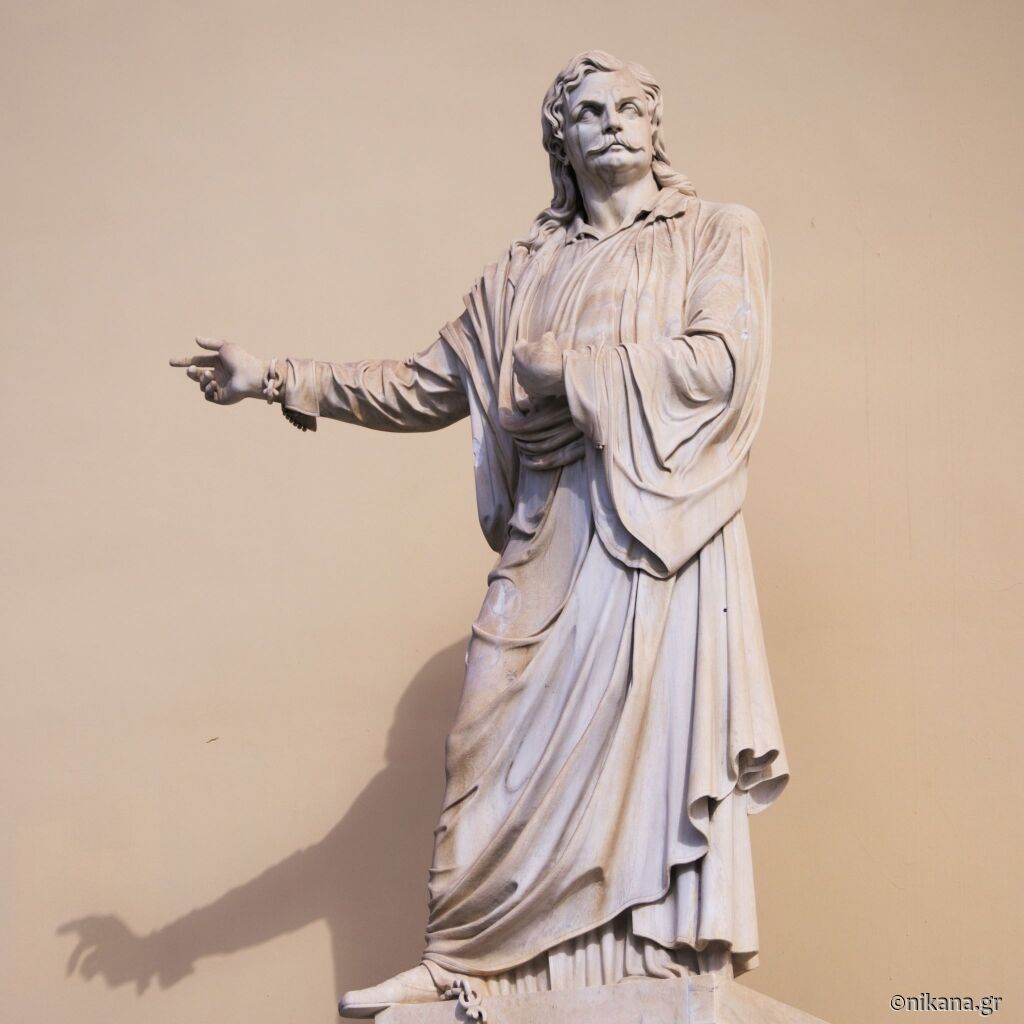
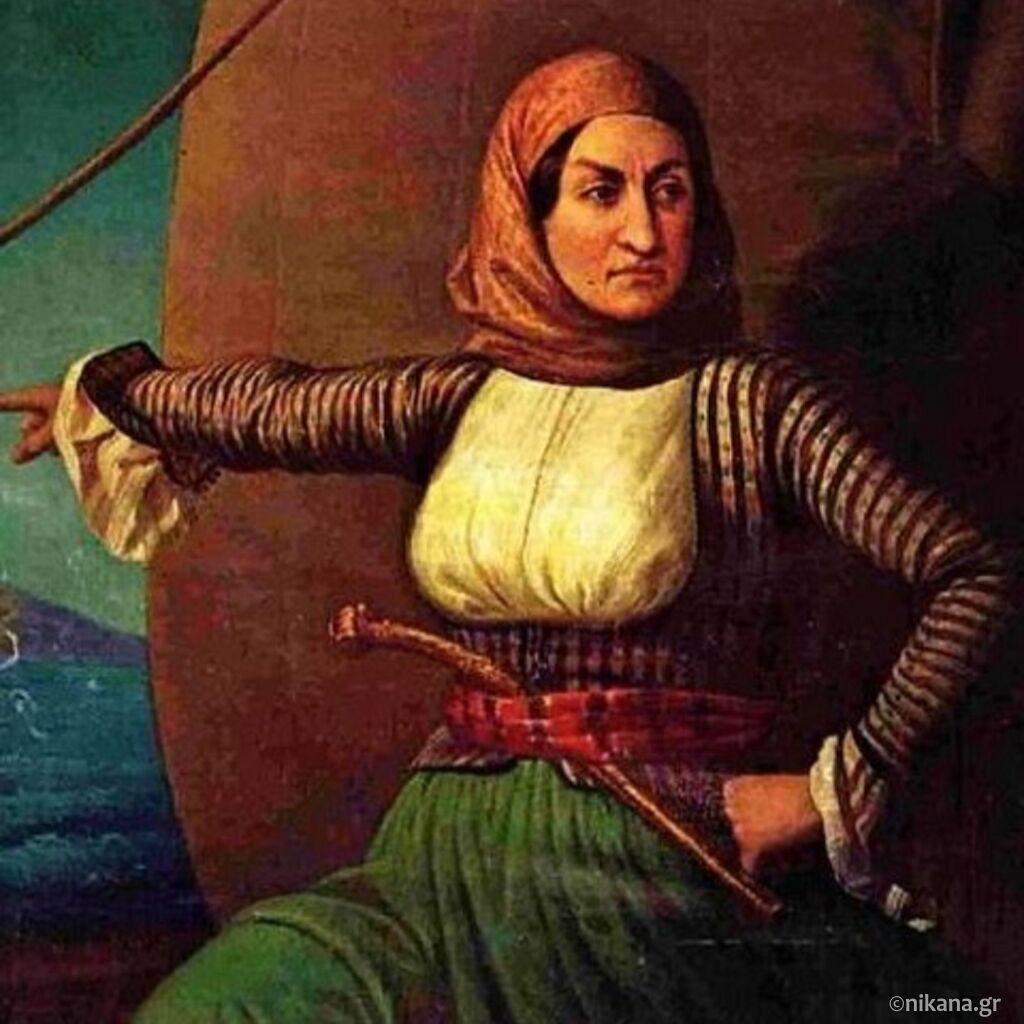
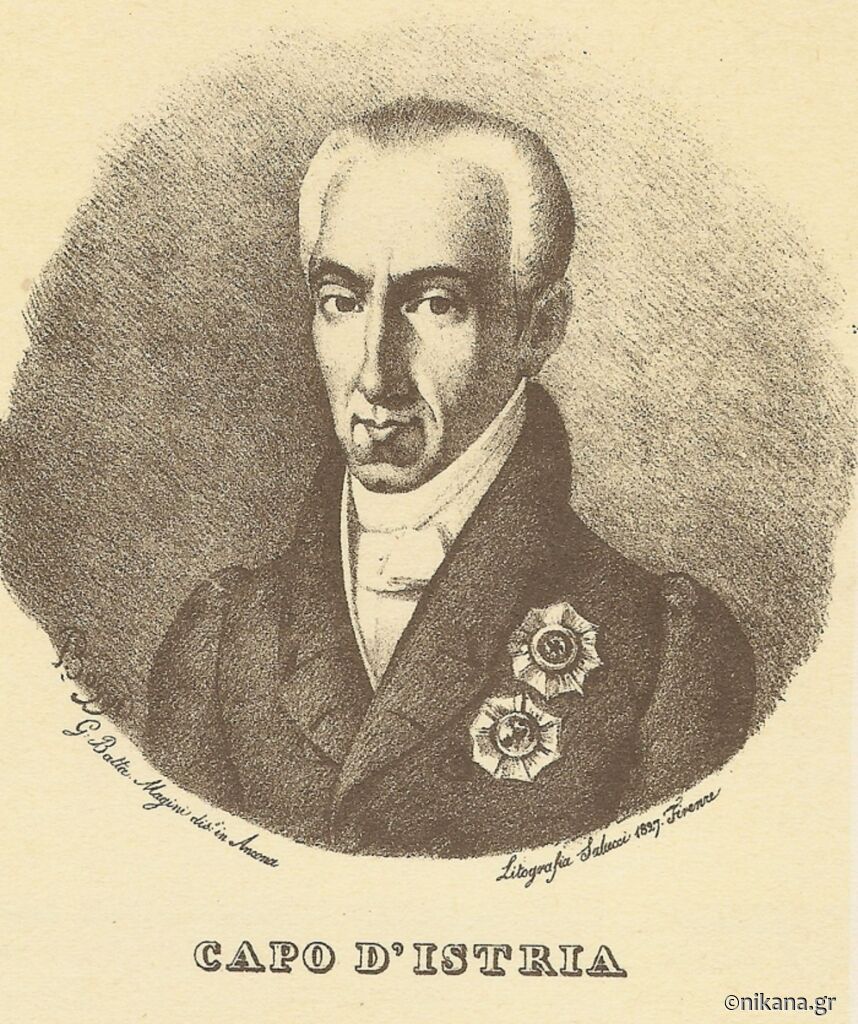
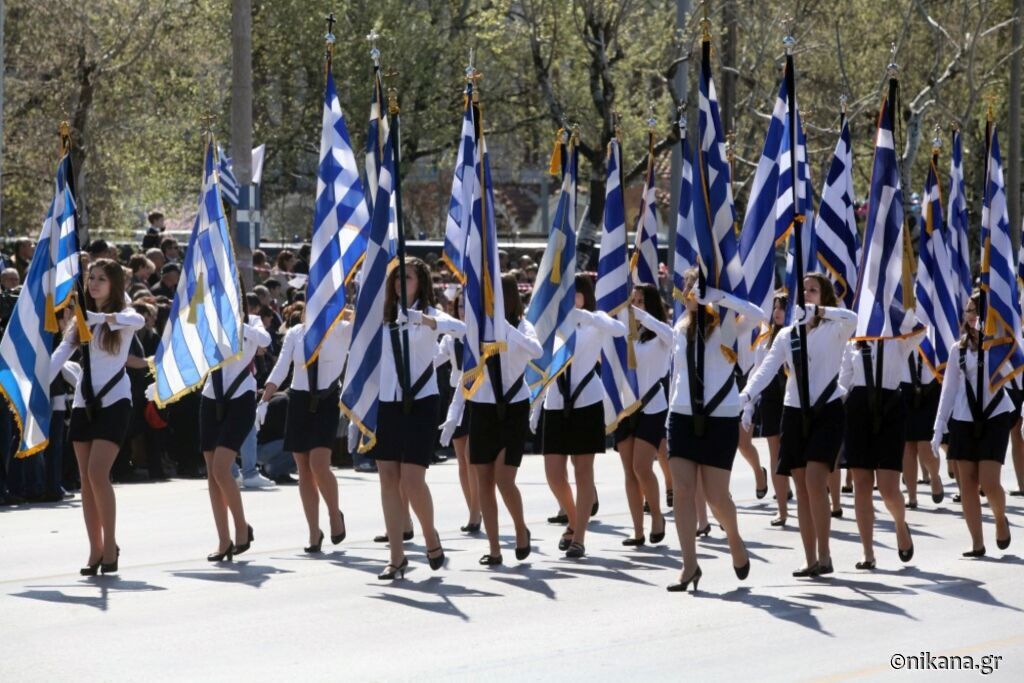









Post a Comment
NOTE
All your questions in the comments will receive an answer via email so check your inbox shortly after you posted comment. For more detailed questions and responses, contact us via mail nikana@nikana.gr.